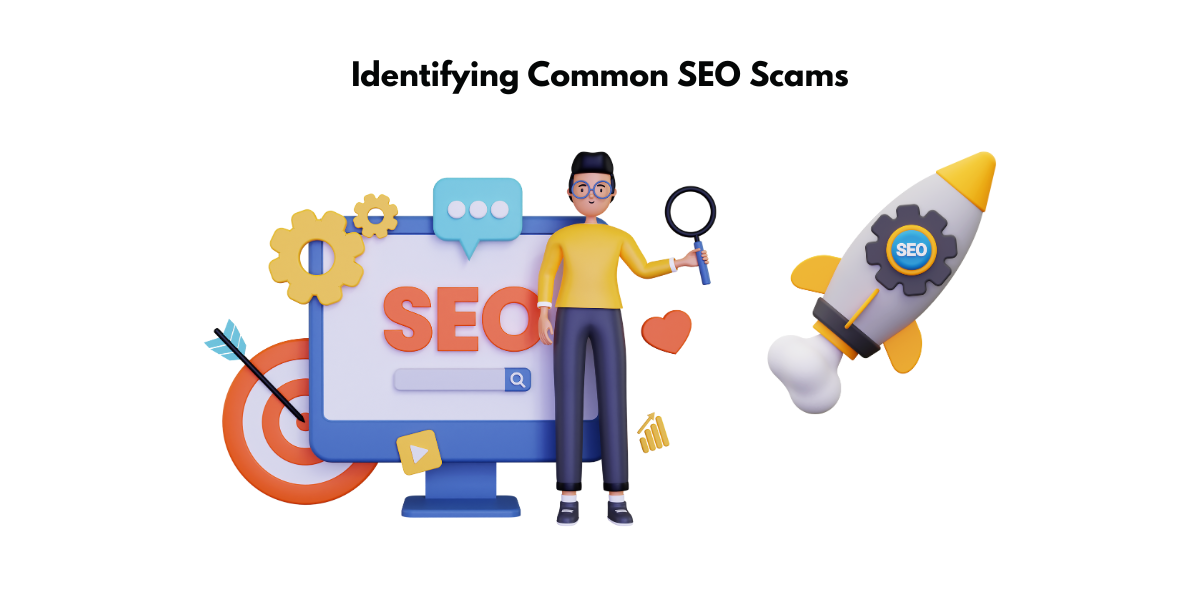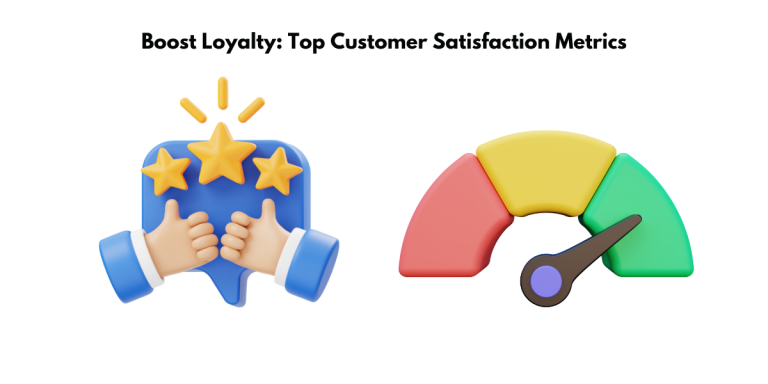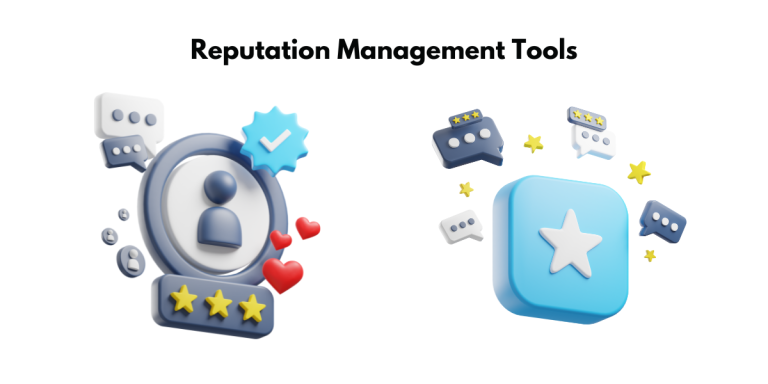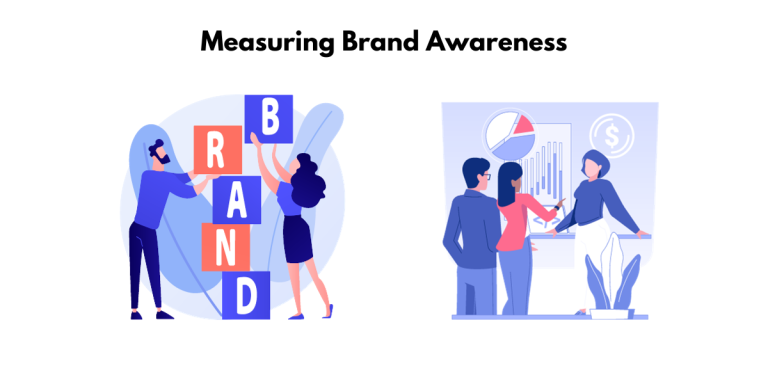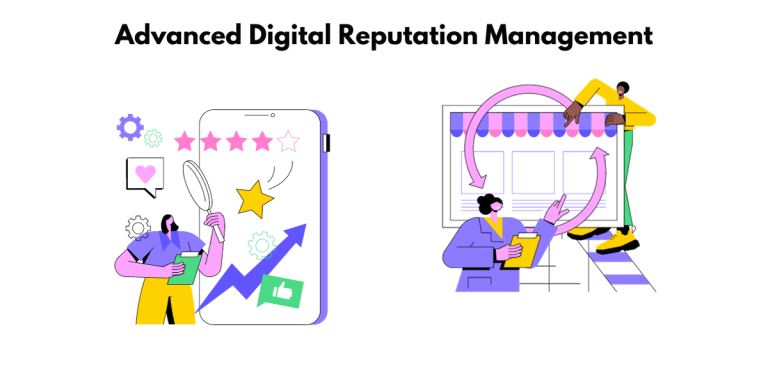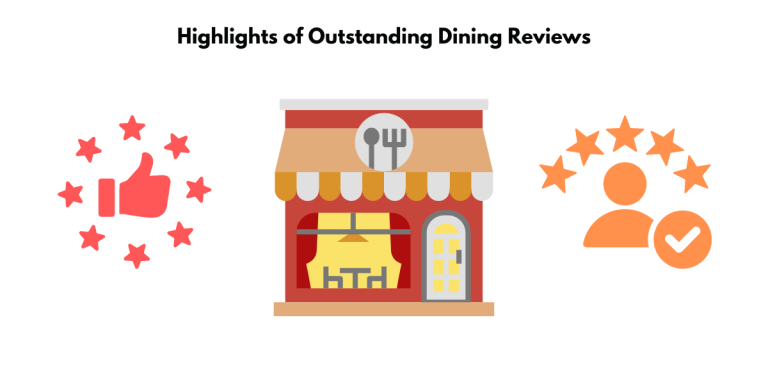Navigating the Perils of SEO Fraud
Knowing the Ever-Evolving Landscape of SEO
SEO isn’t static; it’s a dynamic field constantly shaped by changing algorithms and online behaviors. Understanding this, you’re more equipped to spot if someone is selling you outdated or oversimplified practices as cutting-edge solutions. Stay informed by following authoritative SEO resources and communities that discuss the latest updates and strategies.
It’s essential to be vigilant about the SEO pitches that land in your inbox. Here’s why you need to be cautious:
- SEO scams often begin with an unsolicited email promising quick fixes and guaranteed top rankings. According to data from Symantec’s 2019 Internet Security Threat Report, one in every 3,207 emails in the Professional Services industry is a phishing attempt, which often includes too-good-to-be-true SEO offers.
- These pitches are usually rife with unrealistic promises like “instant results” or “magic bullet” solutions. In contrast, reputable SEO practices focus on steady, long-term growth. A study by Ahrefs found that only 5.7% of newly published pages will get to Google Top 10 within a year.
- Many scammers rely on outdated tactics such as keyword stuffing or cloaking, which can lead to severe penalties from search engines. Google’s Webmaster Trends Analyst, John Mueller, has repeatedly stressed the importance of quality content over manipulative SEO techniques.
- Unsolicited SEO offers may contribute to black-hat SEO practices, which violate search engine guidelines. For instance, a Link Research Tools study showed that a significant 48% of SEOs had experienced a negative SEO attack on their site, indicating the prevalence of inappropriate SEO tactics in the industry.

Recognizing the Importance of Genuine SEO Strategies
The effectiveness of your online presence largely hinges on authentic SEO strategies. What do genuine strategies look like? They mean creating engaging, valuable content tailored to your audience, optimizing website performance for speed and user experience, and building a natural backlink profile. They respect the principles of user intent and search engine guidelines, focusing on long-term growth rather than quick, questionable fixes.
Decoding Common SEO Scams
The Myth of Guaranteed Google Page 1 Ranking
The promise of a guaranteed spot on the first page of Google should immediately raise your suspicions. Because search engine algorithms are intricate and secretive, combined with the ferocity of online competition, no one can truly promise such specific results with certainty. Remember, if it sounds too good to be true, it probably is.

Misleading Link Building Promises and Instant Results Claims
Watch out for those who claim they can deliver a surge of backlinks or instant SEO success. Quality link building requires a thoughtful strategy and cannot be done overnight without raising red flags with search engines. Instant results in SEO m#1ay indicate the use of black-hat tactics, which can lead to penalties. Legitimate SEO takes time and gradual improvement.
Red Flags Indicating Potential SEO Scams
Unsolicited Emails with Overly Attractive Offers
Remember, legitimate SEO experts rarely need to bombard you with unsolicited emails offering the SEO equivalent of a miracle cure. An inbox flooded with extravagant promises about revolutionizing your website’s ranking likely signals a mass email blast from a source that has not taken the time to understand your business or its specific needs. Be cautious and critical of such offers.
To protect yourself and your website, it’s vital to work with trustworthy and transparent SEO professionals who:
- Provide a detailed plan of action and communicate regularly about the progress and strategies employed.
- Adhere to Google’s Webmaster Guidelines and advocate for white-hat SEO practices.
- Are able to show a portfolio of successful case studies and client testimonials.
- Offer a realistic timeline for results, considering that, as per Moz’s data, it takes around 10 weeks on average to see 1 rank jump in Google.
Unrealistic Traffic and Success Metrics Advertised by Agencies
If you encounter agencies boasting about their ability to significantly boost your website traffic overnight, approach with skepticism. They may be using misleading metrics or delivering bot traffic, failing to address the real goal: converting actual visitors into customers. Genuine SEO focuses on attracting relevant audiences that are likely to engage with your content and services.
Understanding the Top Tactics Used by SEO Scammers
The Promises of Insider Contacts at Search Engines
Claims of insider contacts at search giants like Google should be an immediate red flag. Partnerships with Google for ads exist, but no one has backdoor access to its search algorithms for SEO benefits. Companies touting special relationships for insider SEO knowledge are selling you fiction, not strategy.
The Pitfalls of Free Trials and the Risks of Ownership Claims
When tempted by an SEO-free trial, tread carefully. SEO is inherently a long-haul journey, and short-term trials may not only be ineffective, but they might also require personal information that could be misused. Additionally, avoid agencies offering to handle your assets unless it’s clear you retain ownership. Losing control over domains, social profiles, and analytics data restricts your business autonomy and can have dire consequences if relationships sour.
Steps to Protect Yourself from Falling Victim to SEO Scams
Conducting Thorough Research on Potential SEO Providers
Before shaking hands with an SEO provider, do your homework. Delve into their history, explore their client portfolio, and read reviews on platforms like Google My Business and Yelp to gauge credibility. Inquire about the specifics of what they’ll do for your website and ask for case studies or examples of past successes. A company confident in its services will be transparent with information and happy to demonstrate its expertise.
The bottom line is that if an offer sounds too good to be true, it probably is. Legitimate SEO requires:
- A clear understanding of your business goals and audience needs.
- The creation of high-quality, relevant, and engaging content.
- A strategic approach to building genuine backlinks rather than relying on unethical link schemes.
- Regular analysis and adaptation, because according to Moz, Google changes its search algorithm around 500 to 600 times each year, though most changes are minor.

Asking the Right Questions and Demanding Transparency
What is the best defense against SEO scams? A good offense—equip yourself with essential questions. What strategies will they use to improve your rankings? Can they explain their process in simple terms? Demand straightforward answers and proof of their track record. Lack of transparency, avoidance of specifics, or reluctance to share client success stories should set off alarm bells.
The Impact of AI and Modern SEO Techniques
Distinguishing Between Legitimate AI Integration and Buzzword Exploitation
Artificial intelligence is revolutionizing SEO, but beware of buzzword exploitation where vendors oversell AI capabilities. Legitimate AI integration means utilizing tools for data analysis, user experience optimization, and content personalization. If a company can’t demonstrate tangible ways that AI aids its strategy, it may be using the term as a marketing gimmick rather than offering a real technological advantage.
Adapting to Search Marketing Challenges
In the fast-evolving world of search marketing, this year presents fresh challenges: increased focus on user experience, the integration of AI, and the ever-present need to deliver authentic content. Adapting means embracing new tools and technologies, staying informed on search engine updates, and understanding that SEO is about meeting user needs, not just chasing algorithms.
Remember, good SEO is not just about rankings, it’s also about the quality of traffic and improvements in user engagement and conversion rates. Data from BrightEdge suggests that organic search is the primary source of website traffic, driving more than 51% of all visitors. This emphasizes the need for SEO strategies that not only improve visibility but also the website experience for users.
In conclusion, a credible SEO provider should commit to ethical standards and focus on long-term success. By understanding these factors and staying informed about industry best practices, you’ll be better equipped to sift through the noise of spammy SEO pitches and select a partner who contributes positively to both your search rankings and overall business objectives.

FAQs: Safeguarding Your Online Presence
How can I determine if an SEO agency is legitimate?
To ascertain the legitimacy of an SEO agency, scrutinize their client testimonials and public case studies, examine their transparency on strategies and pricing, and check for a history of adhering to search engine guidelines. Steer clear of those making outlandish promises or withholding details about their methods.
What are some tactics used by SEO scammers to look out for?
Stay alert for the hallmarks of SEO scams: unrealistic promises like overnight ranking success, claims of insider connections with search engines, guarantees of page-one results, and offering a saturation of low-quality backlinks. These can all backfire, damaging your website’s reputation and search rankings.
How do I ensure my SEO investments are safe?
Secure your SEO investments by selecting reputable providers with evidence of successful work. Establish clear contracts that outline deliverables, avoid long-term commitments without performance evidence, and keep access to your website and analytics. Monitor campaigns regularly and ensure SEO efforts align with your overall business goals.
- Unmasking SEO Myths: How to Spot Common SEO Scams - September 15, 2024
- How to Master Online Review Management to Safeguard Your Brand’s Reputation - April 22, 2024
- How SEO and Reputation Management Affect Review Generation—And the Interplay Between Them - April 15, 2024

